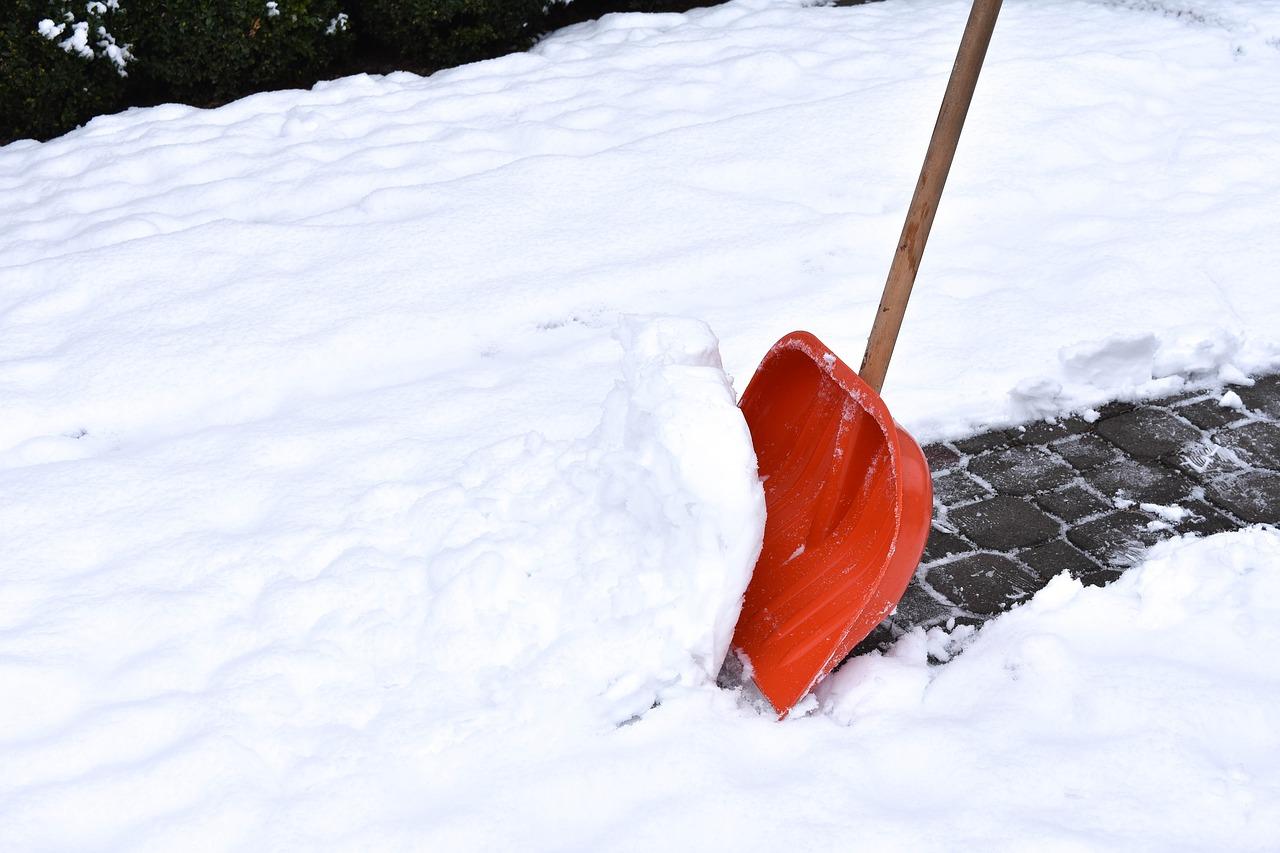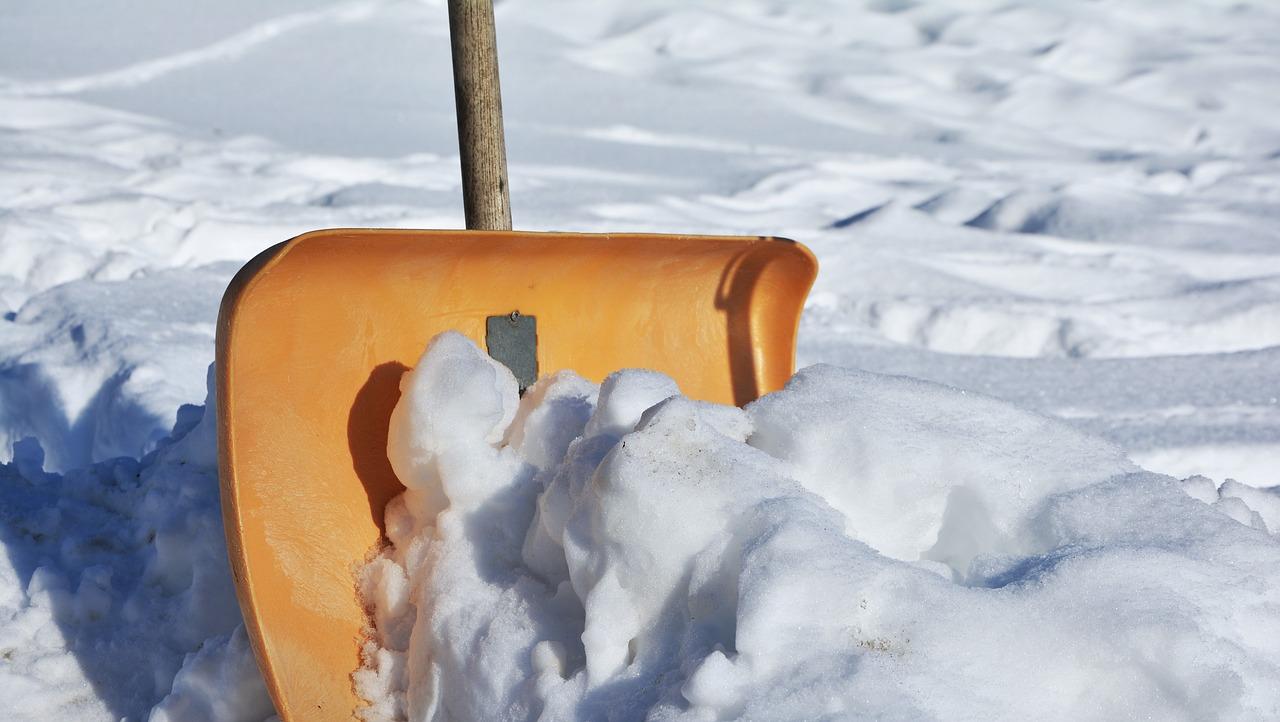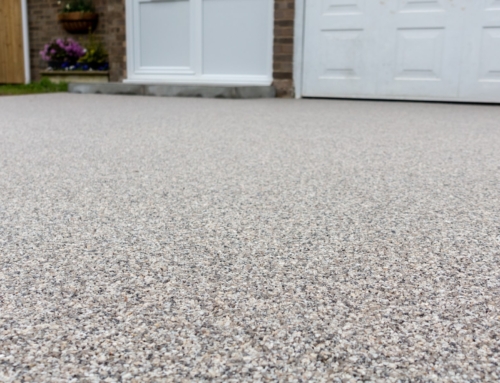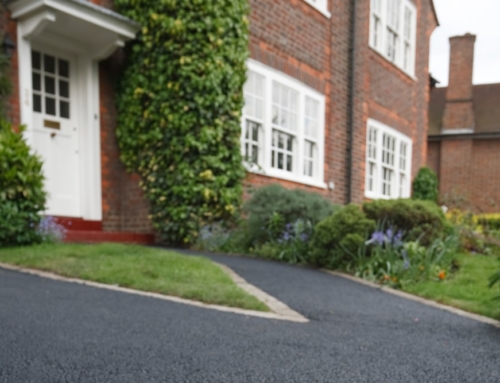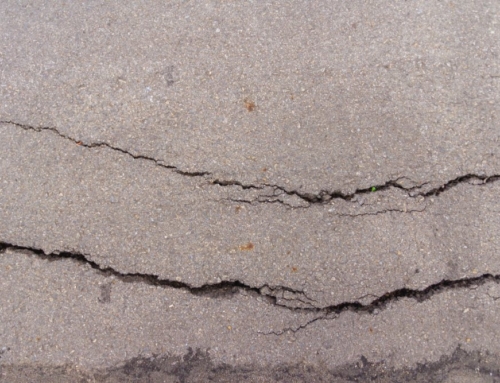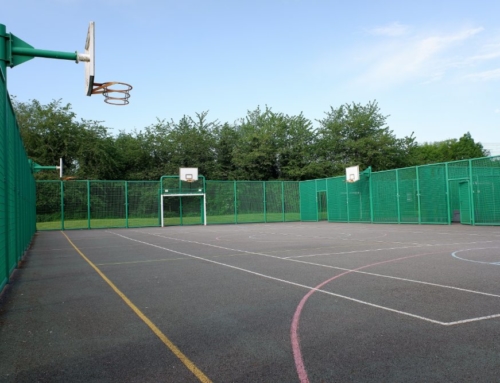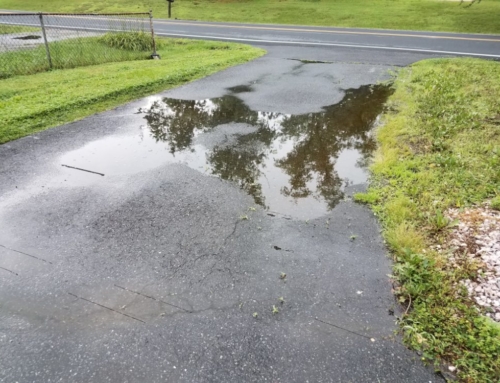How To Clear Snow From Driveway
When harsh, wintry weather hits, even the simplest of tasks can become more difficult. Driving to work, popping to the shops, walking the dog – extra care has to be taken doing all these things to ensure the safety of you and others in snowy and icy conditions.
Whilst clearing public roads is the local authority’s remit, it will be your job to clear your paths and driveway. To help you do this effectively, we’ve put together some easy to follow tips for how to clear snow from driveway.
Shovelling snow
Shovelling snow from your driveway, although it can be hard work, is the best way to clear a path. It is cheap, effective and the most environmentally friendly option.
- First things first, you will want to layer up to keep warm and stretch your muscles to prevent pulling something or injuring yourself.
- If you’re going to be dealing with a lot of snow, or the snow seems particularly inclined to clump together, you may want to spray some cooking oil onto your shovel to prevent snow from sticking to it.
- Try to clear snow away early in the morning if possible; fresh snow which hasn’t been compacted by foot traffic or vehicles is a lot easier to move.
- When shovelling, make sure you lift with your knees rather than your back – poor technique is a common source of related injuries. What’s more, switch your grip and right- or left-handedness periodically to spread the strain of work across different muscles.
- Make sure you pile snow a fair distance from your cleared path so that it doesn’t just topple or get blown back onto your freed-up walkway or driveway.
- Once you have cleared your paths and drive, you can scatter salt or sand over the area to provide extra grip and discourage the area from freezing again, particularly in overnight temperatures.
Salt
Salt is commonly used to clear paths and encourage the melting of snow and ice. Salt works by lowering the freezing point of water, meaning that the temperature will have to drop a lot further than the usual 0℃ for the area covered to freeze or refreeze.
If you decide to use salt to help de-icing a driveway, you should be aware that it can have some negative effects. Firstly, you should try to prevent it from spreading to neighbouring plant life as it can damage them and impact their ability to absorb water and nutrients. Furthermore, you should use salt with caution on concrete driveways as it can hasten the deterioration of the material. If you do have a concrete driveway and want to use salt, stick to sodium chloride (rock salt) or calcium chloride, and be conservative in the amount you use, distributing it well.
UK Surfacings Ltd is an expert in high quality surfacing solutions, operating in and around London. Having been established for over 30 years and with a team of skilled, well-trained operatives, you can rely upon the standard of our work. For a dependable, cost effective surfacing contractor, get in touch with our helpful team today.

